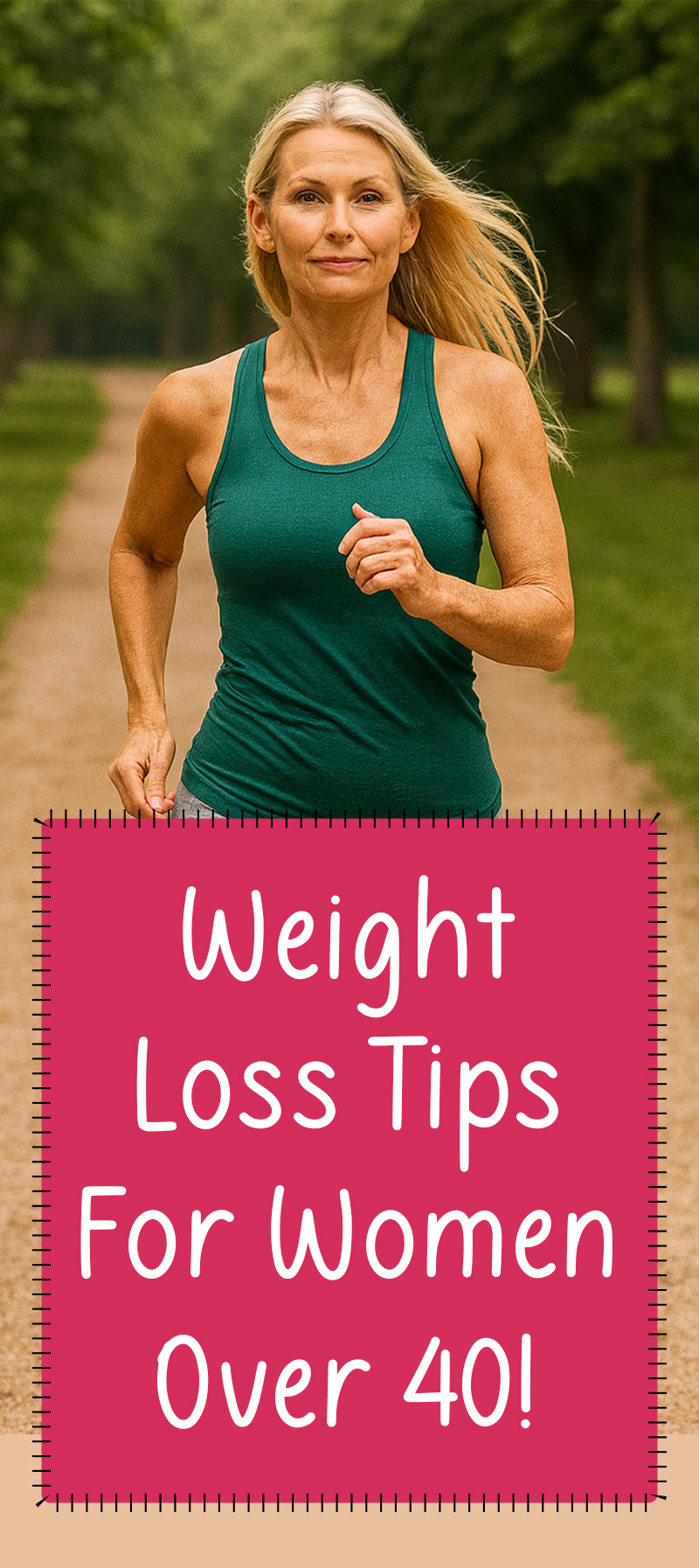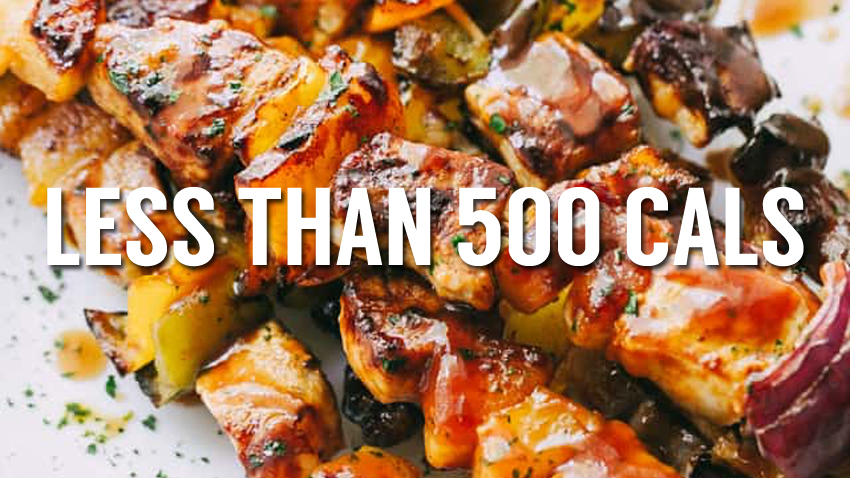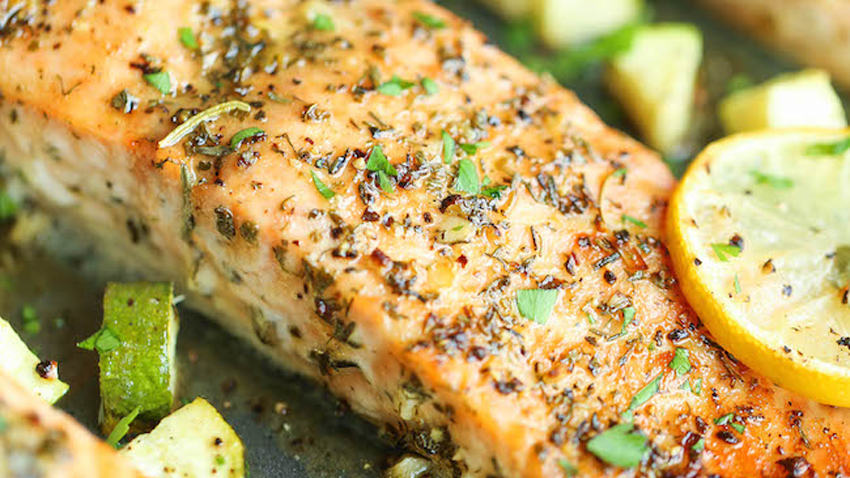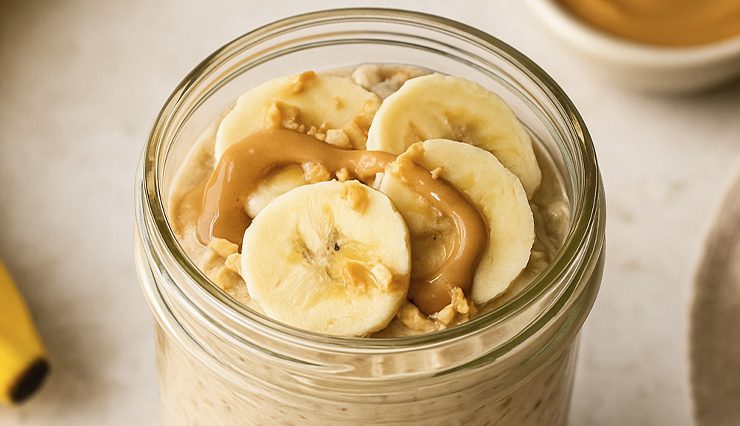Weight Loss Tips for Women Over 40 (Sustainable 2025 Guide)

Trimmed&Toned Team.
Many women notice that losing weight after 40 feels more challenging than it did in earlier years. Metabolism naturally slows, hormonal shifts begin (sometimes long before menopause), and busy personal and professional lives leave less time for self-care. These changes can make it frustrating to watch the scale move more slowly—if it moves at all—despite your efforts.
But the truth is, you can absolutely lose weight and feel your best in your 40s and beyond. The key is to adapt your approach to work with your body instead of fighting against it. This means focusing on the right kind of nutrition, movement, recovery, and lifestyle habits that fit your current stage of life. Small, consistent adjustments can deliver steady results without feeling like you’re constantly dieting or depriving yourself.
This guide will walk you through proven weight loss tips for women over 40, explaining the “why” behind each strategy so you can make informed choices. Whether you’re looking to shed stubborn belly fat, improve energy, or simply feel more confident, these tips will help you create a sustainable plan that fits into your daily life.

Focus on Nutrition Quality, Not Just Calories
Calorie balance—burning more than you consume—is still the foundation of weight loss, but food quality becomes even more important after 40. Nutrient-rich whole foods help stabilize blood sugar, reduce cravings, and keep you full for longer. Processed snacks, refined carbs, and added sugars can cause more pronounced blood sugar spikes at this age, leading to energy crashes and increased fat storage.
Building meals around vegetables, lean proteins, healthy fats, and fiber-rich carbohydrates provides steady energy and better hormonal balance. For example, swap sugary breakfast cereals for a vegetable omelet or overnight oats with berries and nuts. Replace refined pasta with whole-grain or legume-based pasta, and choose snacks like hummus with carrot sticks instead of chips.
Also, pay attention to hidden calories—coffee drinks, sauces, dressings, and “healthy” packaged snacks can quickly add up. Tracking your food for a few weeks can reveal where small changes can make the biggest difference.
Prioritize Protein at Every Meal
Muscle mass naturally declines with age—a process known as sarcopenia—which can slow your metabolism and make fat loss more difficult. Eating enough protein helps preserve and build muscle, which is essential for maintaining a higher calorie burn at rest.
For most women, aiming for around 20–30 grams of protein at each main meal is a good starting point (adjust as needed for your weight and activity level). This could look like eggs with avocado toast at breakfast, a quinoa and chickpea salad at lunch, and grilled salmon with roasted vegetables for dinner. Even snacks can be protein-rich—Greek yogurt with berries, edamame, or a handful of almonds.
Protein also helps you feel full and satisfied, reducing the temptation to snack late at night or overeat at meals. Distributing it evenly throughout the day supports muscle recovery, energy levels, and weight control.
Incorporate Strength Training and Smart Cardio
While cardio burns calories, strength training is critical for women over 40 who want to lose weight and maintain tone. Lifting weights or using resistance bands helps preserve lean mass, strengthen bones, and prevent the metabolic slowdown that often comes with aging.
You don’t have to lift heavy right away—start with bodyweight movements like squats, push-ups, and planks, and gradually progress to resistance bands or dumbbells. Even 20–30 minutes twice a week can make a noticeable difference over time.
Pair this with moderate-intensity cardio, like brisk walking, swimming, or cycling, and sprinkle in some higher-intensity intervals once or twice a week if your body tolerates them well. The combination helps burn calories, improve heart health, and keep workouts interesting.

Manage Stress Proactively
Stress levels often peak in your 40s due to career responsibilities, family obligations, and life changes. Chronic stress elevates cortisol, a hormone that can encourage fat storage—especially around the belly—and make weight loss harder.
Managing stress isn’t just about feeling calmer—it directly supports weight control. Incorporating short daily stress-relief habits can help: meditation, gentle yoga, breathing exercises, reading before bed, or even short walks outdoors. Protecting your mental health can improve your food choices, sleep quality, and workout consistency.
Make Sleep a Non-Negotiable
Getting fewer than 7 hours of quality sleep per night disrupts the hormones that regulate hunger and satiety (ghrelin and leptin), making it harder to resist cravings. It can also increase stress hormones and sap the energy you need for workouts and meal prep.
Establish a wind-down routine: dim lights an hour before bed, avoid screens, keep your bedroom cool and dark, and consider relaxing activities like stretching or listening to calming music. Consistency matters—try to go to bed and wake up at the same times each day, even on weekends.
Balance Hormones Naturally
Perimenopause and menopause can bring hormonal fluctuations that make weight loss trickier. Estrogen and progesterone changes can affect fat distribution, appetite, and energy levels. While you can’t fully control these changes, certain habits can help minimize their impact.
Eating enough protein, limiting processed sugar, managing stress, and exercising regularly are foundational. Omega-3-rich foods (flaxseed, walnuts, chia seeds, fatty fish) may also help reduce inflammation and support hormone health. If symptoms are significant, working with a healthcare provider can help you explore options like hormone testing or targeted supplements.
Stay Consistent and Patient
After 40, weight loss often takes longer, but slow and steady progress is more sustainable. Focus on building habits that you can maintain for life, not quick fixes. Measure success by more than the scale: notice improved energy, better sleep, greater strength, and more confidence.
Be patient with yourself—your body is adapting to new routines. Even modest weight loss can have significant health benefits, such as improved blood pressure, cholesterol, and joint health. Small daily wins add up over time.
Medical Reminder: Always consult your doctor or healthcare provider before making major changes to your eating habits, exercise routine, or lifestyle. This article is not a substitute for professional medical advice.
Trimmed&Toned Team.














